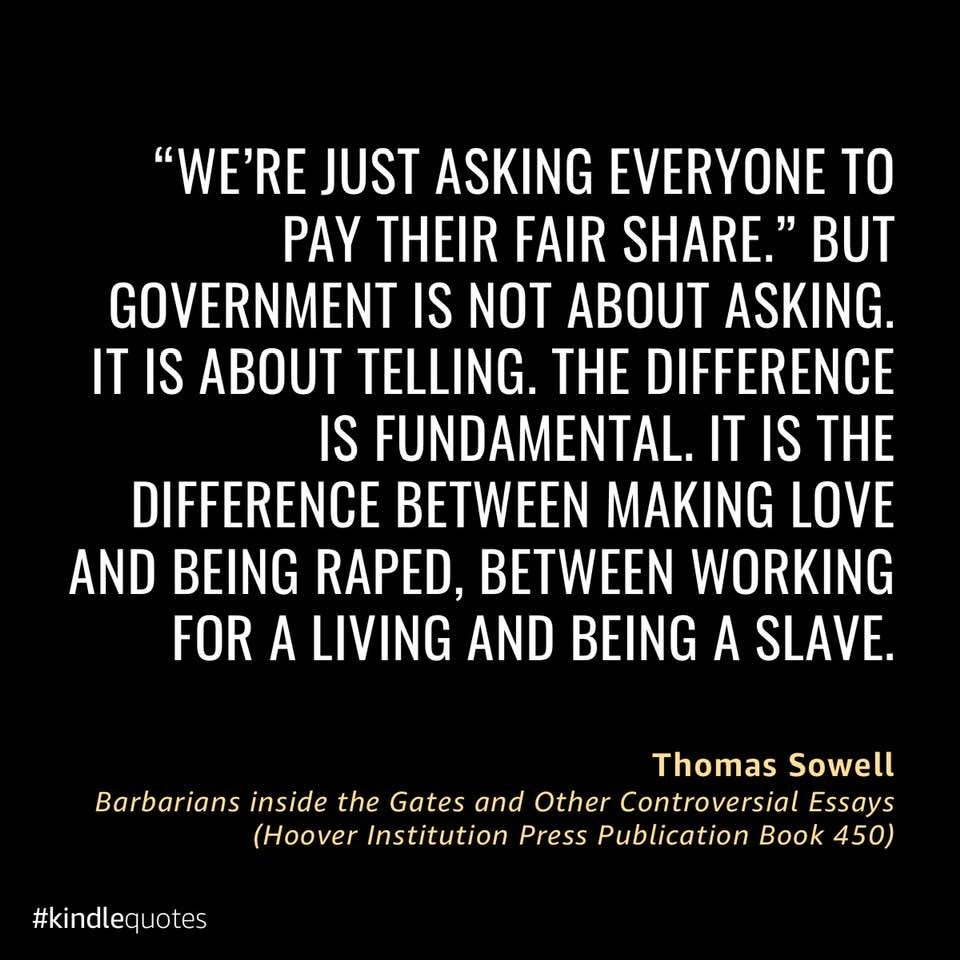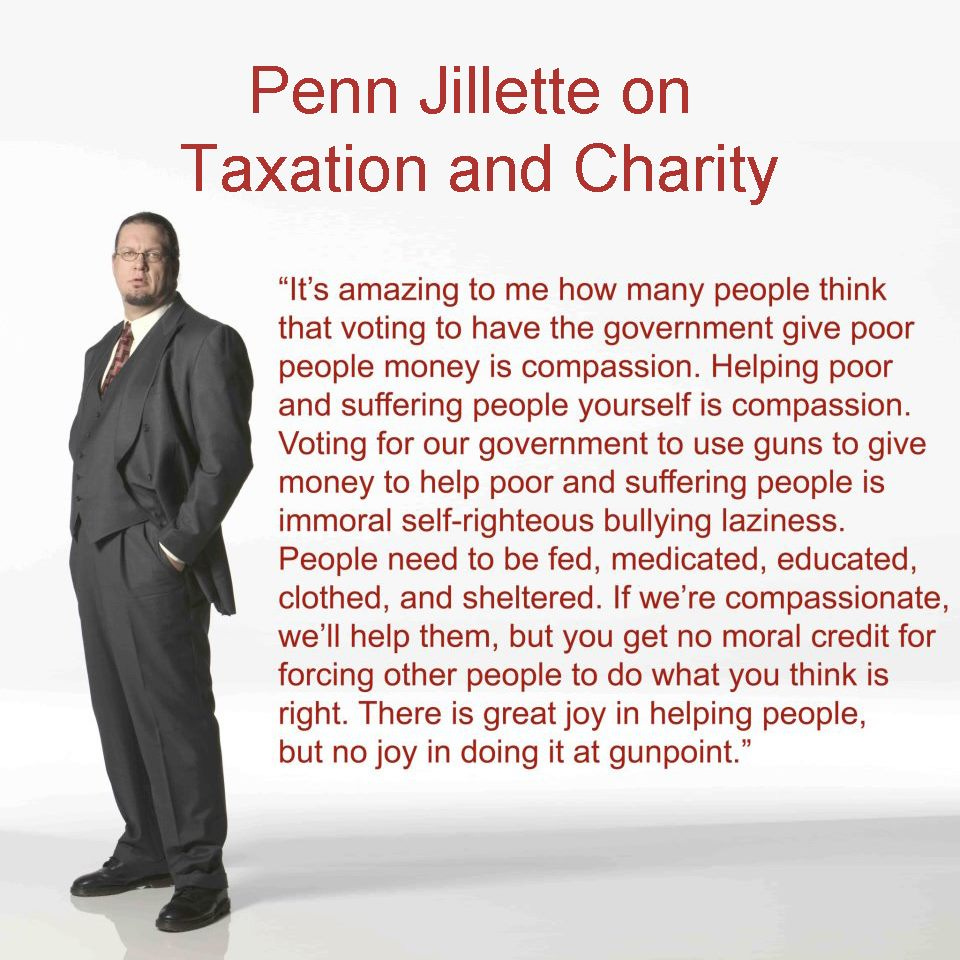Speaking the Language of Love
Yesterday I wrote an essay on love, loneliness, and the deleterious effect of social isolation on society at large. I had also, in honor of (late) tax day, shared a quote from a Thomas Sowell essay with a comment that charity cannot be compelled. The essay and the quote meme are related.
One of the comments on my share of the Sowell quote pointed out that a common fallacy equates charity - charitable giving in a common phrase with an understood meaning - with money. Which is an incorrect and incomplete understanding of the word in both connotation and denotation.

As Nathan pointed out in his comment, the origin of the word charity in itself means love. You can, in fact, rewrite any sentence with 'charity' using 'love' in it's place, and clearly see how the usage has shifted. When we talk about an act of charity, we are talking about a loving, kind, hopeful action. This is not always best executed by simply handing someone some cash. In fact, just money rarely helps when there are deeper ills of the soul involved.
Charity, then is not and should never only be, the giving of money. Giving of oneself in time, in effort, in pouring out love to your community: this is charity. You could say these essays of mine are charity. I am giving of my precious scant time, in hopes of bringing up joy to the surface of your mind, reminding you to love, and mostly what I want to give my readers: hope. Perhaps the essays are not the greatest of charitable efforts. But they are my humble best.

Love is wanting the best for the one that is loved, with no expectation of anything in return. The Greeks use three words for love, not exclusive of one another, but discrete in their meanings. You could, in a relationship, show all three loves. Or one, or two. Agape, the highest, purest form of love, was considered the divine love. The selfless love. Philia, the brotherly love, was not sensual, but rather the strong bond of friendship. Of comrades in arms. Family not of blood, but of the heart. Finally Eros, the love of senses, the love between husband and wife. Much greater writers than I have penned millions of words on love, and I will not attempt to stumble in their footprints.
I will, however, contemplate that we have lost the language of love. Could I give my essay, yesterday or today, to a young product of modern education, and expect them to readily grasp what the product of Classical education wrote? Perhaps. And perhaps not. The literary knowledge, the philosophy, the very foundations of what we know are based on different things. For instance, I am writing the first draft of this essay in pen, in cursive. How many cannot read cursive? I was warned recently not to use cursive fonts on book covers, as many can no longer read it at all, or they have to puzzle it out, which they will not bother to do.
How, then, to regain the depth of expression that can fully envelop all that the words of love can and should mean? Remind one another of what love is, and is not. Teach that charity is not only opening your wallet, but opening one's heart. That love, like an act of charity, can be coerced, but never compelled. Speak the languages of love, that they may be known.




